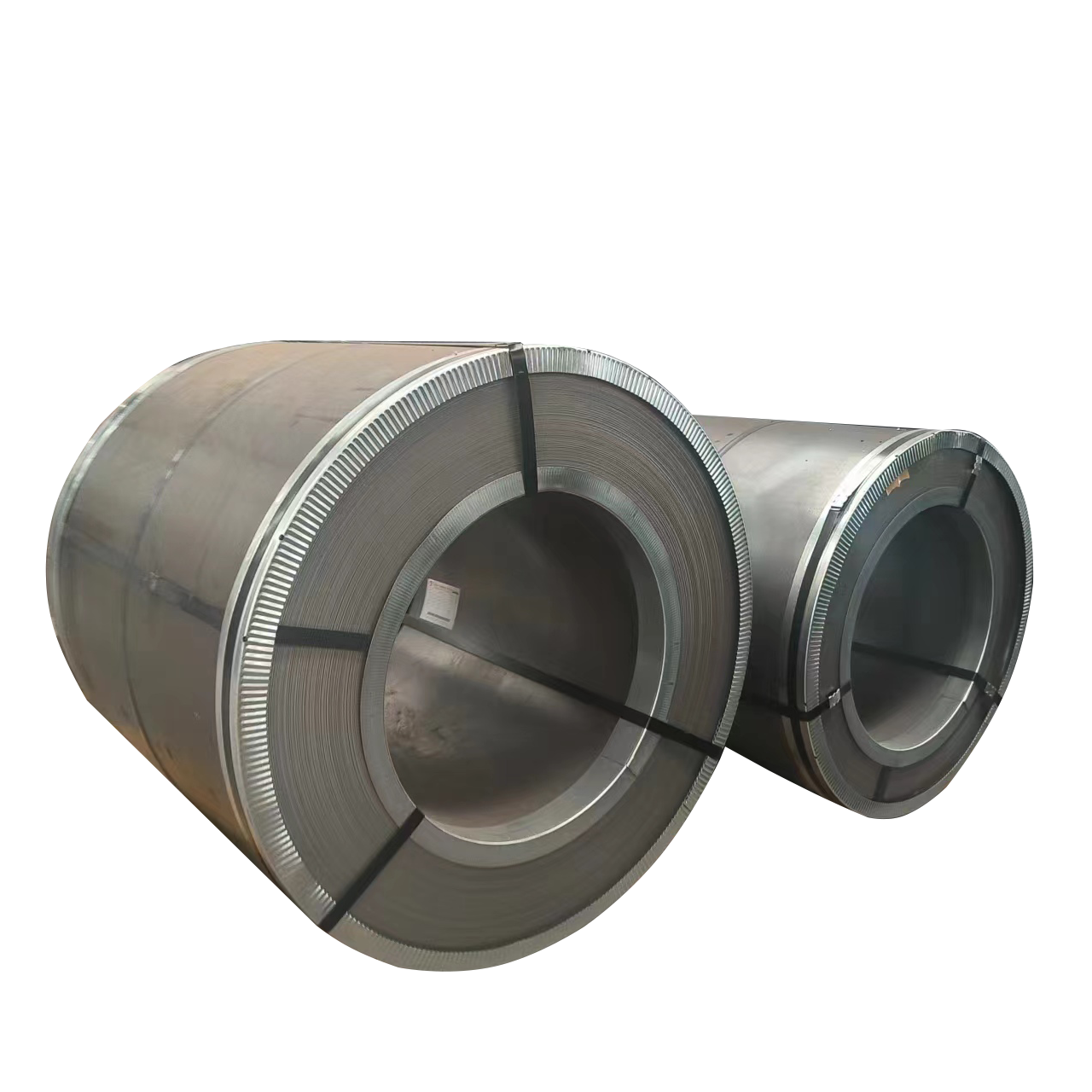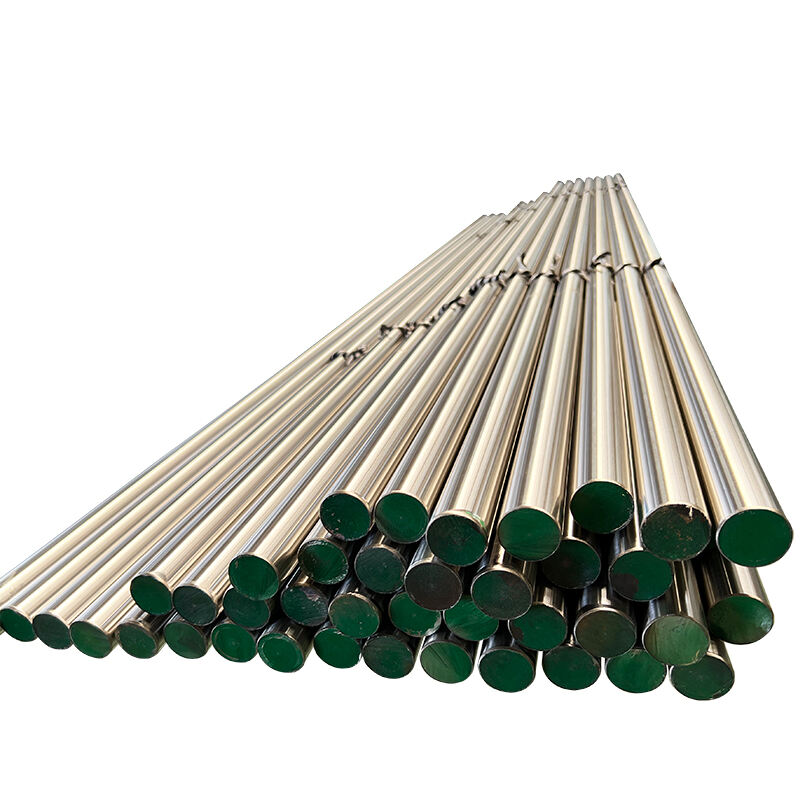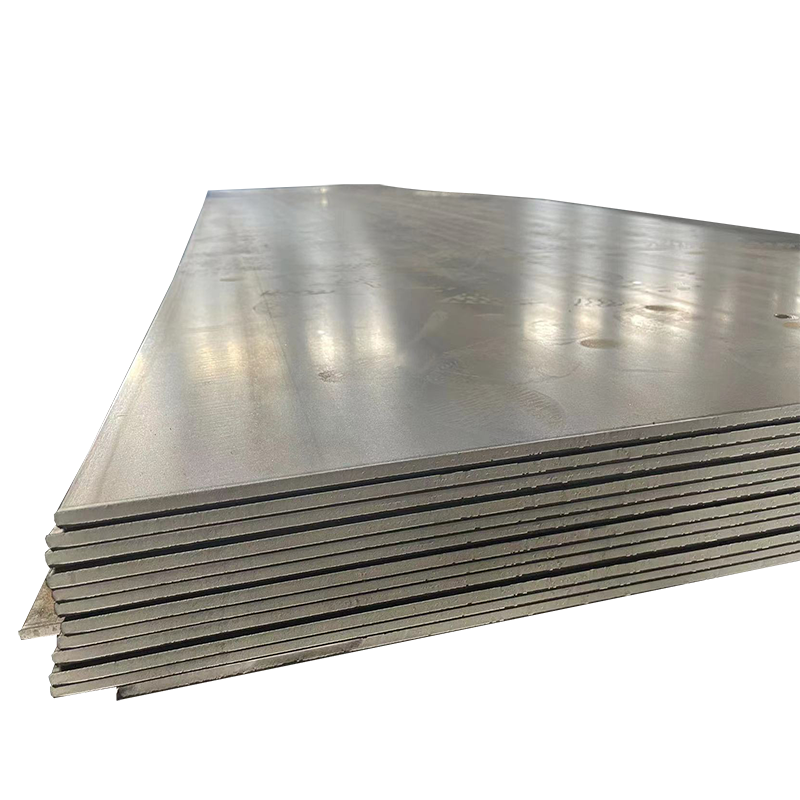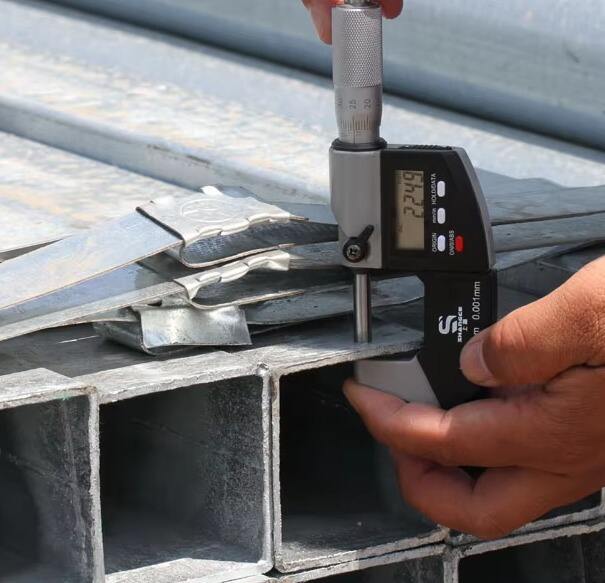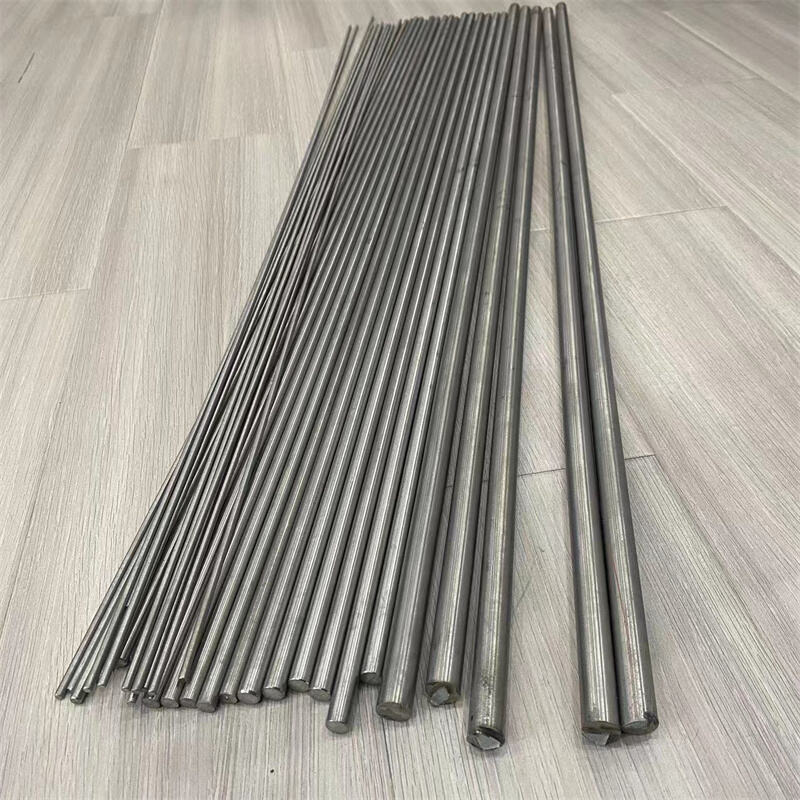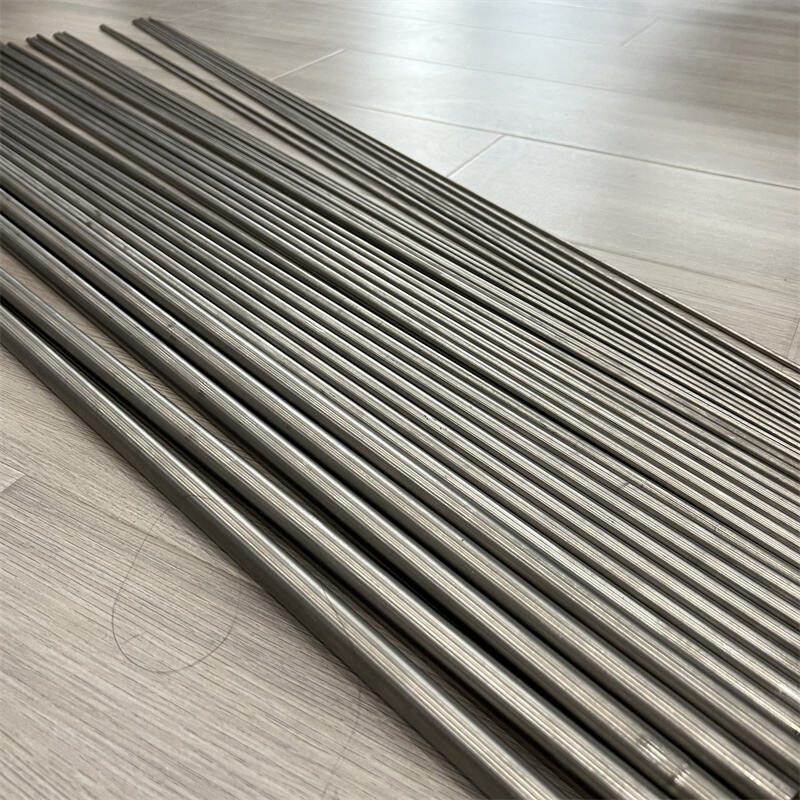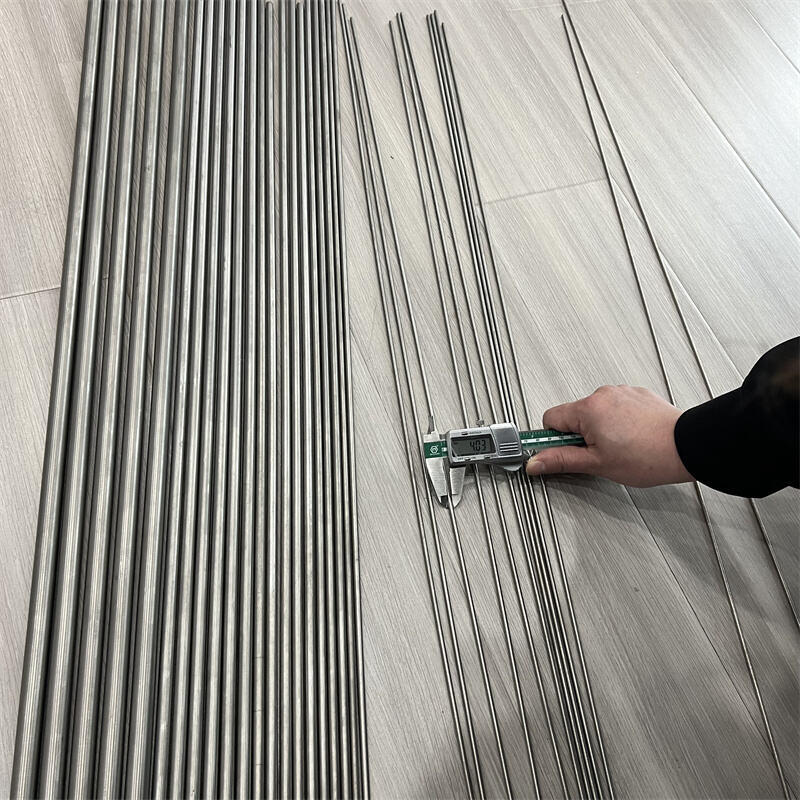industrial titanium bar
Íþróttarlegir titánstöngvar eru lykilkostur í nútíma framleiðslu og verkfræði, þar sem þær bjóða upp á frábæra samsetningu af styrkleika, léttvægi og ámótaskipuleika. Þessar nákvæmlega framleiðdu metallvörur eru framleiddar með framfaraskapandi geimhugunaraðferðum, sem tryggja samfellda gæði og traust afköst í ýmsum iðnaðarforritum. Stöngvurnar eru fáanlegar í mismunandi flokkum og vímum, sem gerir þær fjölbreyttar fyrir sérstök kröfur iðnaðarins. Þeirra frábæri hlutfall styrkleika á móti þyngd gerir þær sérstaklega gagnlegar í loftfarasviði, lækningafræði og sjávarforritum. Framleiðsluferlið felur í sér nákvæma stýringu á hita- og þrýstingsskilyrðum til að ná fram optimalum afköstum. Þessar stöngvar eru afar varma- og efnaástandaþolnar og þar af leiðandi fullkomnar fyrir erfitt iðnaðarumhverfi. Þeirra lífræna samhæfni og óhætt hlfrun hefur gert þær að óhunslanlegum hlut í líkamssetum og aðgerðatækjum. Yfirborðslykt má sérsníða eftir þörfum, hvort sem um ræðir spegla eða dulit yfirborð, eftir því hvaða notkun er ætlað. Íþróttarlegar titánstöngvar sýna einnig afar góðan þol á þroska og geyma upp á ábyrgð á stöðugleika jafnvel undir endurteknum álagsaðstæðum, sem gerir þær traustar fyrir langtímanotkun í mikilvægum forritum.

